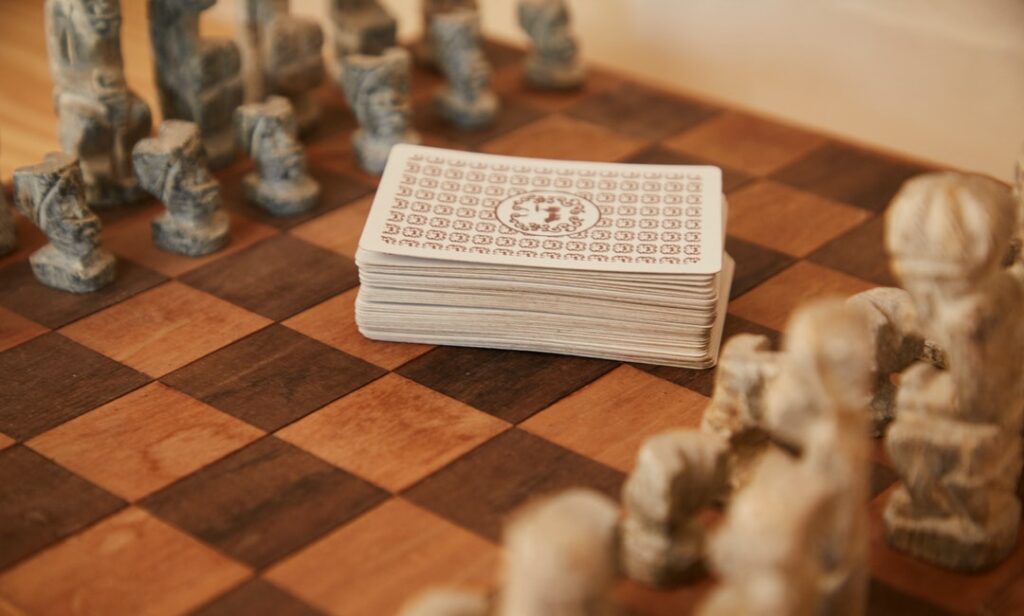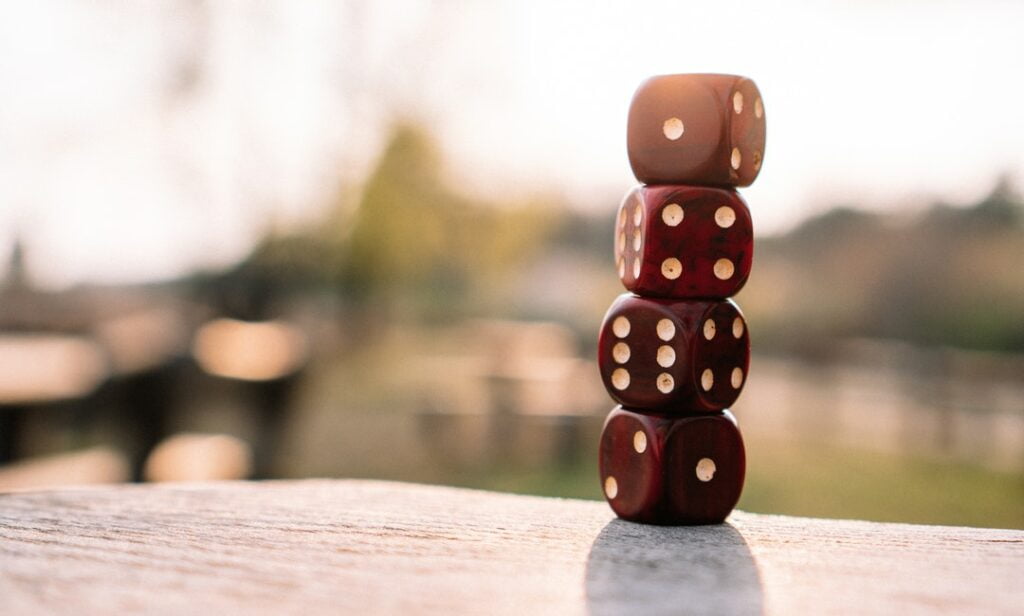How does gambling start? If you’ve ever asked yourself this question, this is your chance to get an answer. People who ask this question are usually perplexed about why a person will choose to put their cash into a game that doesn’t guarantee winnings – a game of luck. Non-gamblers watch with judgmental eyes every time a gambler goes back to the betting site or casino during a losing streak. How does this “thing” start? What drives these problem gamblers to do what they do? To answer this question, this article shall establish the timeline of gambling.

How Does Gambling Start?
- Early Exposure to Gambling
Gambling Journey Start
Most gamblers say that their gambling journey began with early exposure as children. Some had parents, guardians, or other family relatives who placed bets in their presence. Some were even taken to betting sites and others were even asked to help bet on which they thought would be the lucky outcome.
Others have also claimed to be introduced to gambling through the mentoring of an older family member. That older family member taught them the ropes of the game and made them bet with themselves or others while they watched.
By the time they reached adulthood, the young gamblers had now developed a penchant for gambling such that they did it almost every week.
- Peer Influence
You can answer the question; how does gambling start without citing peer pressure. Some gamblers have claimed that they started gambling due to the influence of their childhood/teenage or even adult peers. Usually, this peer is a friend or a neighbor who has a family history of gambling. They then introduce these other ones to gambling by bringing new games and teaching them how to play. It could start with or without betting for money. Either way, the child or teenager picks interest and thus, begins their gambling journey.
- To Get A Quick Fix
Gamble Are Not Regular Gamblers
Many people who gamble are not regular gamblers and may even despise gambling. What they want from gambling is a quick fix out of a financial mess. When someone finds themselves in a hard financial situation and sees no way out, they may resort to gambling.
In the early days of FedEx, the company had a struggle where it was on the verge of financial ruin. The founder and CEO of Fred Smith flew to Las Vegas where he gambled the company’s last $5,000 on a game of blackjack. Luck was in his favor as he walked out of the casino the next week with an extra $27,000 thus saving his company.

Why Do People Gamble?
- To win big
One of the most common reasons people indulge in gambling is because they hope to win big. Honestly, when people hear the “play a game and win cool cash” or “make it big while you’re having fun” message, it arouses their interests.
When they hear the stories of others or witness how a person gambled their way into plenty of money, they’re all the more motivated. They never stop because they rely on the promises that one day, they will hit the jackpot.
- To Solve Financial Issues
Another common reason people gamble is to solve their financial problems. People who are in debt or have bills piled up or are down to their last dollar may see gambling as the only way out. Also, people who may have lost their jobs may resort to gambling to save themselves from financial distress. Some may use their money in bits while others may empty their pockets into gambling coffers. This, they do in the hope of winning enough money to get back on their feet.
For entertainment and social reasons
Some people gamble to pass time. This could be due to boredom or loneliness. Families do it for fun and old people play games to keep themselves busy. Usually, people indulge in “mock bets” where they pretend to wager on something when they play for entertainment purposes.
Also, many social gatherings offer gambling games. It could be a gathering of (old-time) friends, a reunion, a family gathering, an office party, or any other event. Gambling games help people to bond better and leaves them feeling rejuvenated at the end of the day/night.
Willing To Admit
- Media Influence
Whether many are willing to admit it or not, the media plays a huge role in influencing people’s decisions. This is why many betting sites are big on using the media to advertise their services. They use colorful texts and jingles, promise mouthwatering offers, and relay stories of people who struck riches overnight in a gamble.
Through media ads, these betting sites provide information on how to place bets, their opening hours, and their contact details. This works well on the mind and in a snap, some people are copying down the contact details of the betting site.
- Addiction
Bad Side Of Gambling
This is the bad side of gambling that the media adverts don’t tell you about. There are no conclusive statistics on how many people gamble. However, researchers estimate that at least 3% of the world’s population suffer from gambling addiction, also known as problem gambling.
Gambling addiction can be overwhelming and detrimental to the gambler. The result could range from depression to rage to suicide. Gambling addiction usually happens when a gambler loses total control of their gambling habits. They know what they’re doing is wrong and feel guilty about it but they can’t stop it. They borrow from friends and family, pawn personal possession, cheat at the table and even steal to fund their gambling lifestyle.
Gambling addicts cannot help themselves. They need the help and support of therapists and their families to overcome this problem.
- The Dopamine Rush
The mind is where gambling starts from. It can be easily overwhelming by thinking about winning big. The attractiveness of casino lights and sounds also aid in building the urge to play a game. People begin to dream of how much they will win. The prospect of winning thrills them even before they place a bet. Dopamine is the hormone responsible for this feeling.
Hormone Causes Gamblers To Feel Good
This hormone causes gamblers to feel good about their betting spree and could even mislead them into going on when they’re losing. While dopamine is a normal response to a pleasurable activity such as gambling, it is important to know how to control it. Too much dopamine can lead to a gambler placing high-risk bets even when the odds are not in their favor. When a gambler loses control of their gambling habits, this could lead to disastrous events such as stealing to fund their bets and ruining your relationship with others.
If a gambler suspects that their dopamine level is too high, they should seek professional help.

When Did Gambling Start? A Little History
Gambling has been around for many centuries. Although no one can ever tell when it started or who started it, it’s safe to say that gambling is just as old as humans. One of the earliest pieces of evidence of gambling dates back to 500 BC in Greece. The Greek poet Sophocles wrote about dice in his poems. It is no secret that the Greeks were fun-loving people who had the reputation of betting on anything they could gamble on.
In China circa 2300 BC, tiles used to play the lottery were unearthed. In 3000 BC, dice were discovered in an Egyptian tomb.
It is reported that the first gambling houses appeared in the 17th century in Italy.
Today, about 26% of the world’s population gamble. This translates to nearly 2 billion people.
Conclusion
Although gambling is entertaining, it can be addictive. Therapists and doctors discourage it and classify it on the same level as substance abuse. Gambling doesn’t always have to be an addiction. If a gambler feels like their gambling habits are getting beyond their control, then they should reach out to friends, family and professionals.



